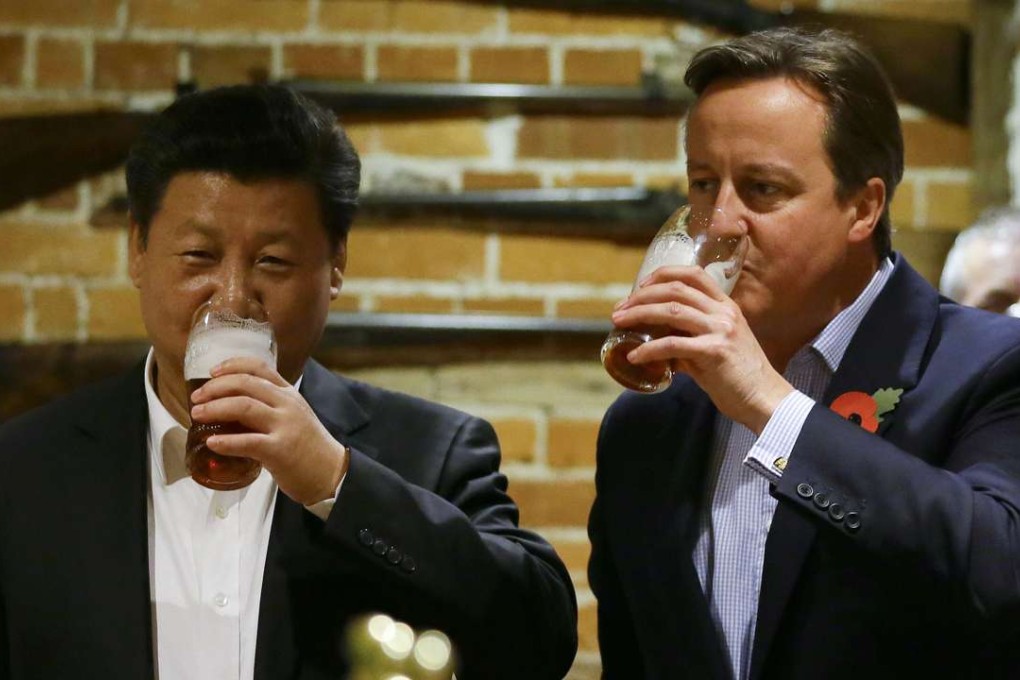China emerges unscathed from Brexit, at least for now, experts say
Markets react mildly to British referendum result

Beijing may brush off limited, short-term turbulence brought about by Britain’s exit from the European Union, Chinese scholars said, but the dynamics of its relationships with London and the bloc may shift in the long run.
While China is using London as a bridgehead to expand the yuan’s global clout, treating Britain as an ideal destination for overseas property and infrastructure investment, and wooing British support for its own international initiatives, they said it was too far away from the centre of the storm to be badly affected by Britain’s exit from the EU.
In the long run, Britain without the EU restrictions might be able to form better ties with China
Chinese markets reacted only mildly to the British referendum that sparked the biggest global financial turmoil since the 2008 crisis – the Shanghai composite stock index lost 1.3 per cent and the onshore yuan exchange rate weakened slightly. In comparison, the Japanese stock market plunged 8 per cent as the yen rallied 5 per cent.
As the world’s second-biggest economy and its largest trader, China was not immune from ripples caused by Brexit, said Sun Lijian, a finance professor at Fudan University in Shanghai, but its capital account controls could provide a buffer to manage the market fallout and Beijing might become more cautious in opening up its domestic market to a stormy world.
Brexit “may also add international pressure to do more in terms of growth and maintaining exchange rate stability, and China is expected to face such pressure at the G20” meeting in Hangzhou, China, in September, Sun said.
China’s zeal for investment in Britain might cool off a bit if the terms of its exit from the EU turned out to be unfriendly to business, said Zhang Ming, a researcher of international investment at the Chinese Academy of Social Sciences.